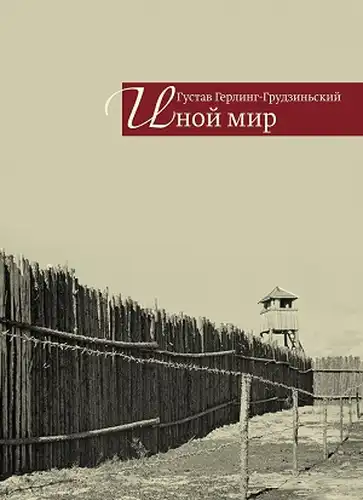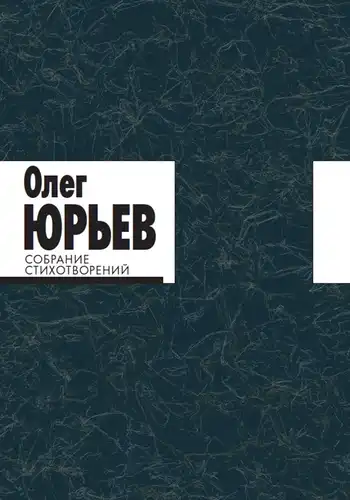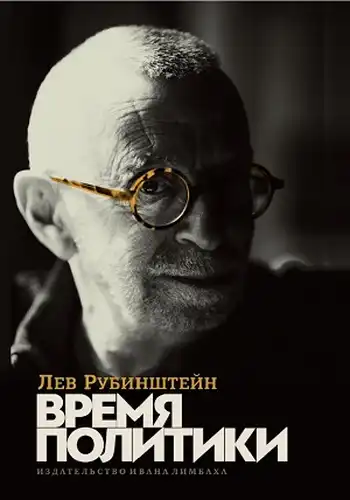€ 19.00
Enlighten and Punish: Functions of Censorship in the Russian Empire in the Mid-19th Century
Просвещать и карать: Функции цензуры в Российской империи середины XIX века
One of the most dangerous aspects of censorship is the collective unwillingness to comprehend the vast consequences its actions have on society. In 19th-century Russia, this institution was one of the main tools through which the state influenced literary life.
But is the common perception of censors as mindless agents of repressive policy and writers as champions of pure freedom of speech accurate? In Kirill Zubkov's book, the relationship between literature and censorship in Russia during that time is presented as a complex web of interactions, not reducible to a one-dimensional pressure of censors on writers.
The author explores this subject through several illustrative cases involving two prominent writers — Ivan Goncharov, who himself held the position of censor, and Alexander Ostrovsky, who often became the focus of this institution's attention.
Kirill Zubkov is a literary historian, PhD in Philology, and author of the book "Scenarios of Change," published by NLO.
Similar books
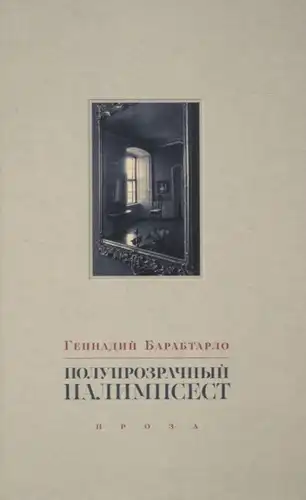
Translucent Palimpsest: Stories, Essays, and Notes
Полупрозрачный палимпсест: рассказы, эссе и заметки
€ 16.00
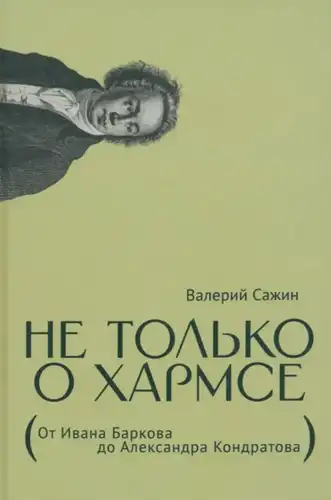
Not Only About Kharms: From Ivan Barkov to Alexander Kondratov
Не только о Хармсе: От Ивана Баркова до Александра Кондратова
€ 15.00
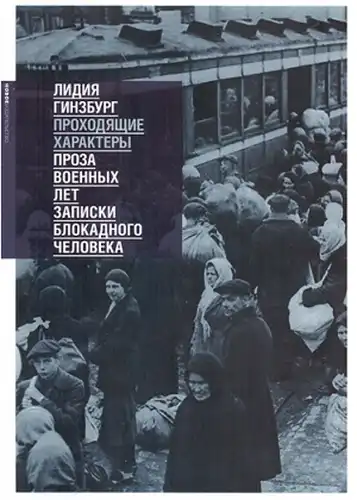
Passing Characters: War Years Prose. Notes of a Blockade Person
Проходящие характеры: Проза военных лет. Записки блокадного человека
€ 20.00
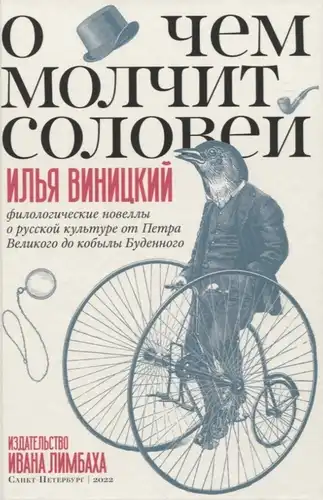
О чем молчит соловей. Филологические новеллы о русской культуре от Петра Великого до кобылы Буденного
€ 18.00
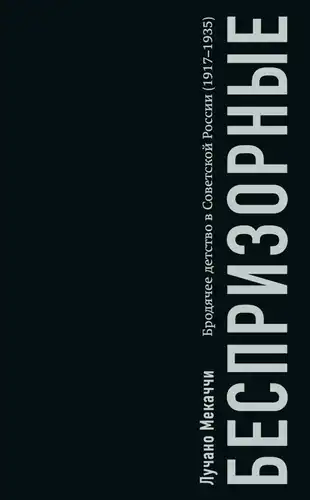
Homeless: Wandering Childhood in Soviet Russia (1917-1935)
Беспризорные: бродячее детство в Советской России (1917-1935)
€ 13.00

